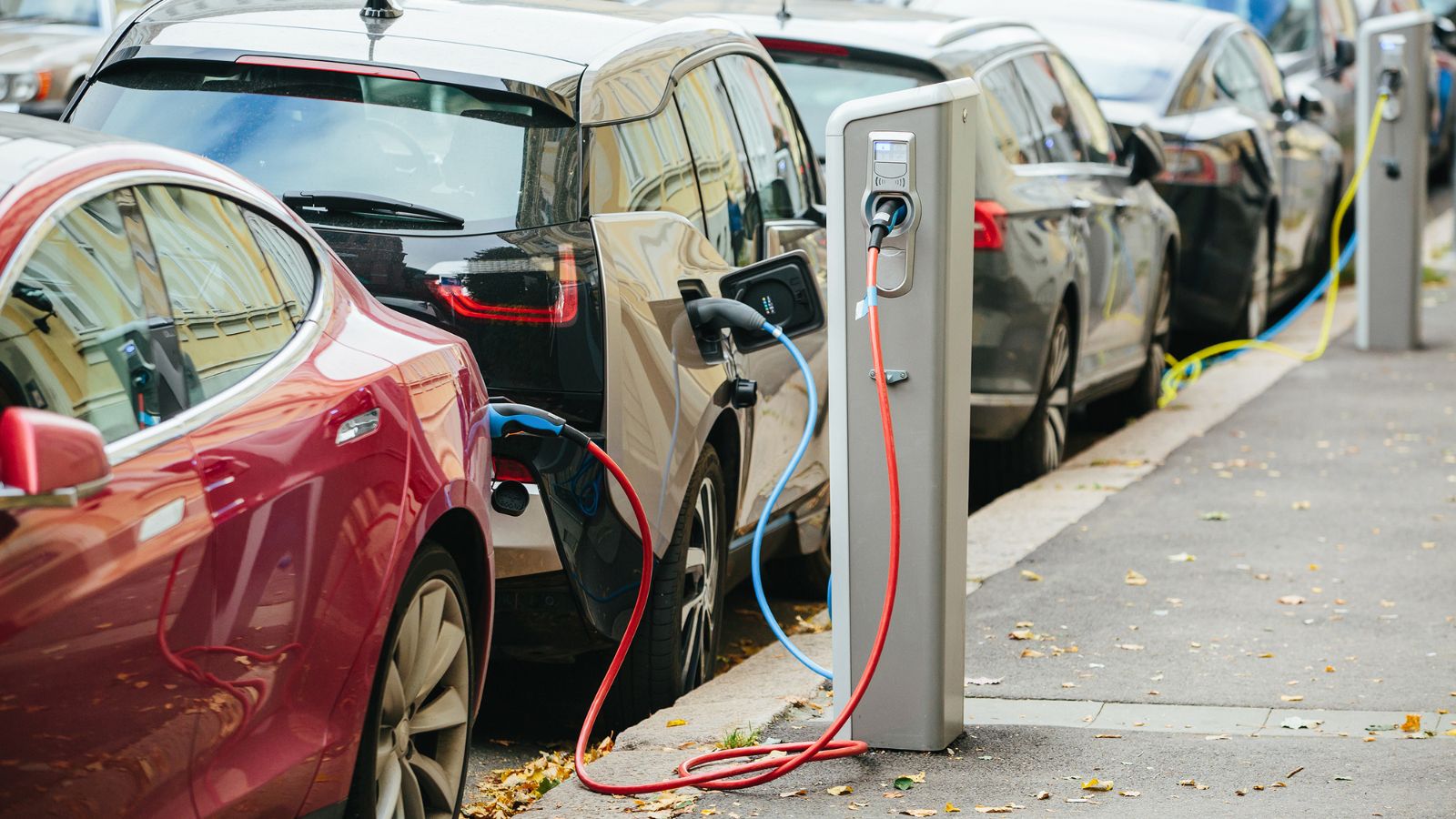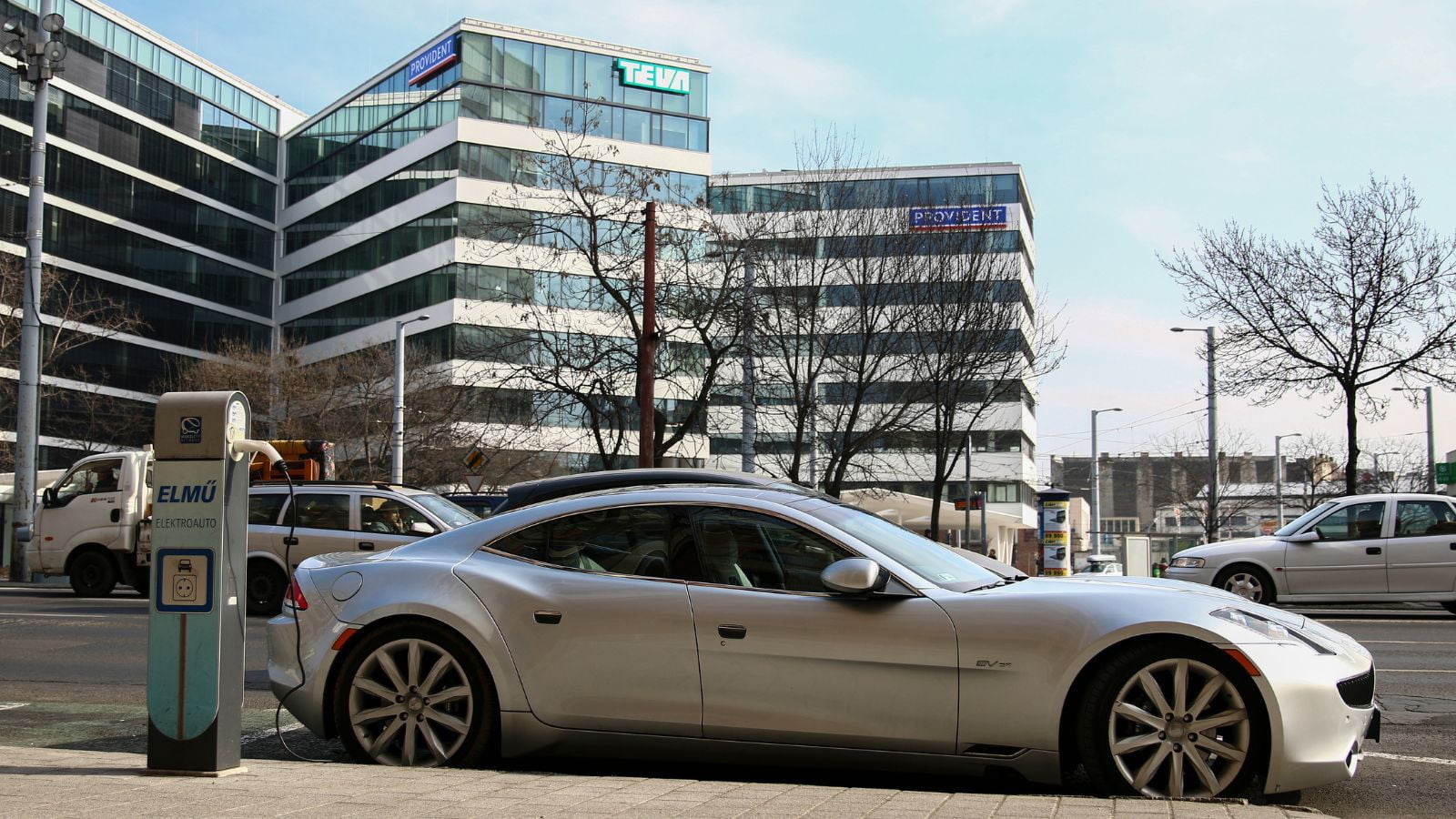The automotive industry is undergoing a significant transformation as the world becomes increasingly aware of the need to protect our environment. Technological advancements, regulatory changes, and a growing consumer demand for sustainable solutions drive this shift towards eco-friendliness. Here, we explore 10 surprising ways cars are becoming more eco-friendly, highlighting innovations and practices that reduce their environmental impact and the companies leading these changes.
The Electric Vehicle (EV) Revolution

One of the most prominent shifts towards eco-friendly cars is the rise of electric vehicles (EVs). EVs produce zero tailpipe emissions, and this reduction in greenhouse gases and pollutants significantly decreases the carbon footprint of driving. Companies like Tesla, Nissan, and Chevrolet have pioneered this space, making EVs more accessible and popular. With its Model S, Model 3, Model X, and Model Y, Tesla has been a leader in pushing the boundaries of what electric cars can achieve regarding range and performance. Nissan’s Leaf and Chevrolet’s Bolt EV are also significant contributors to the EV market, providing more affordable options for consumers. EVs can be charged using renewable energy sources, further boosting their environmental credentials. As battery technology improves, with longer ranges and faster charging times, EVs are becoming a more viable option for everyday use, offering a cleaner, more sustainable mode of transportation.
Hybrid Technology

Hybrid vehicles combine a traditional gas-powered engine with an electric motor and battery and are another step forward in eco-friendly automotive technology. Notable hybrids like the Toyota Prius have paved the way for this technology. Toyota has been a pioneer with the Prius, and it continues to innovate with other hybrid models such as the Camry Hybrid and the RAV4 Hybrid. Hybrids operate on low-speed electric power and use the gasoline engine for higher speeds or when more power is needed, providing a balanced approach to eco-friendly driving. This allows for better fuel efficiency and reduced emissions.
Hydrogen Fuel Cells

Hydrogen fuel cell vehicles (FCVs) represent another promising development in eco-friendly automotive technology. FCVs generate electricity through a chemical reaction between hydrogen and oxygen, with water vapor as the only byproduct. Toyota’s Mirai and Hyundai’s Nexo are leading examples of this technology. Toyota has been at the forefront of hydrogen fuel cell technology with the Mirai, aiming to make hydrogen a mainstream fuel source. Hyundai’s Nexo also shows the potential of hydrogen as a clean energy source for vehicles. While the infrastructure for hydrogen refueling is still developing, the potential for FCVs to provide long-range, zero-emission driving makes them an exciting prospect for the future. The high energy efficiency and quick refueling times of hydrogen fuel cells offer significant advantages over other alternative fuel technologies.
Lightweight Materials

Using lightweight materials in car manufacturing is crucial in improving fuel efficiency and reducing emissions. Materials like aluminum, carbon fiber, and high-strength steel are increasingly used to build lighter vehicles without compromising safety or performance. With its i3 and i8 models, BMW has effectively utilized carbon fiber to reduce vehicle weight. Ford has incorporated high-strength aluminum in the body of its F-150 trucks to improve fuel efficiency. Lightweight materials reduce a vehicle’s overall weight, meaning less energy is required to move it. This reduction in energy consumption translates to lower fuel use and emissions. The application of these materials is not limited to high-end or performance vehicles; they are becoming more common in everyday consumer cars as well.
Aerodynamic Design

Car manufacturers invest in aerodynamic designs to reduce drag and improve fuel efficiency. Streamlining vehicles’ shape can minimize air resistance, allowing cars to move more efficiently. Tesla’s entire lineup, including the Model 3 and Model S, exemplifies aerodynamic design with smooth contours and low drag coefficients. BMW’s i8 and i3 models also showcase advanced aerodynamic features. Design elements like smooth contours, underbody covers, and active grille shutters are some ways manufacturers achieve better aerodynamics. These improvements make cars more eco-friendly and enhance their performance and driving experience.
Eco-Friendly Manufacturing Processes

The automotive industry is also making strides in greening its manufacturing processes. This includes using renewable energy sources, reducing waste, and recycling materials. Companies like BMW and Ford are in charge of implementing sustainable practices in their production lines. BMW’s Leipzig plant, where the i3 and i8 are produced, uses wind power and recycles carbon fiber scraps. Ford has implemented sustainable manufacturing practices across several plants, including using solar power and reducing water usage.
Smart Driving Technologies

Advanced driver-assistance systems (ADAS) and smart driving technologies are helping drivers reduce their environmental impact. Features like adaptive cruise control, eco-driving modes, and route optimization help improve fuel efficiency and reduce emissions. Volvo’s Pilot Assist and Tesla’s Autopilot are innovative driving technologies contributing to more efficient driving. These technologies assist drivers in maintaining optimal driving conditions, such as smooth acceleration and deceleration, which can significantly improve a vehicle’s eco-friendliness.
Recycling and Reusing Car Parts

Recycling and reusing car parts is another significant step towards making cars more eco-friendly. Many manufacturers are now designing vehicles with recycling in mind, ensuring that components can be easily disassembled and repurposed at the end of the car’s life. Renault’s Re-Factory in France is a notable example, focusing on recycling and refurbishing used cars and parts. By reusing materials and parts, manufacturers can reduce the need for new raw materials, lowering the environmental impact of mining and processing these materials.
Biofuels and Alternative Fuels

Biofuels, such as ethanol and biodiesel, are used as alternative fuels to reduce reliance on fossil fuels. These fuels are derived from renewable sources like plants and waste materials, making them a more sustainable option. Companies like Audi and Volvo are exploring using synthetic and biofuels to power their vehicles. Cars that run on biofuels produce fewer emissions than traditional gasoline or diesel engines. Additionally, using waste materials to produce biofuels helps in waste management and reduces landfill usage.
Sustainable Interiors

Car manufacturers are increasingly focusing on the sustainability of their vehicle interiors. This includes using recycled materials, eco-friendly fabrics, and sustainable wood in the design and production of car interiors. Tesla and Volvo have made significant strides in this area. Tesla uses vegan leather and recycled materials in its interiors, while Volvo has committed to making its interiors free from animal leather by 2030.
15 Most Reliable Cars Ever Made — Why They Never Quit

Some claim that the dependability of autos has decreased. Modern cars have a shorter lifespan than some cars manufactured between the 1970s and the 1990s, but some new and used cars today are good enough to last for at least ten years and up to 500,000 miles. When these vehicles break down, most problems are relatively simple, and many don’t have serious difficulties. Here are 15 of the most reliable cars ever made:
15 Most Reliable Cars Ever Made — Why They Never Quit
